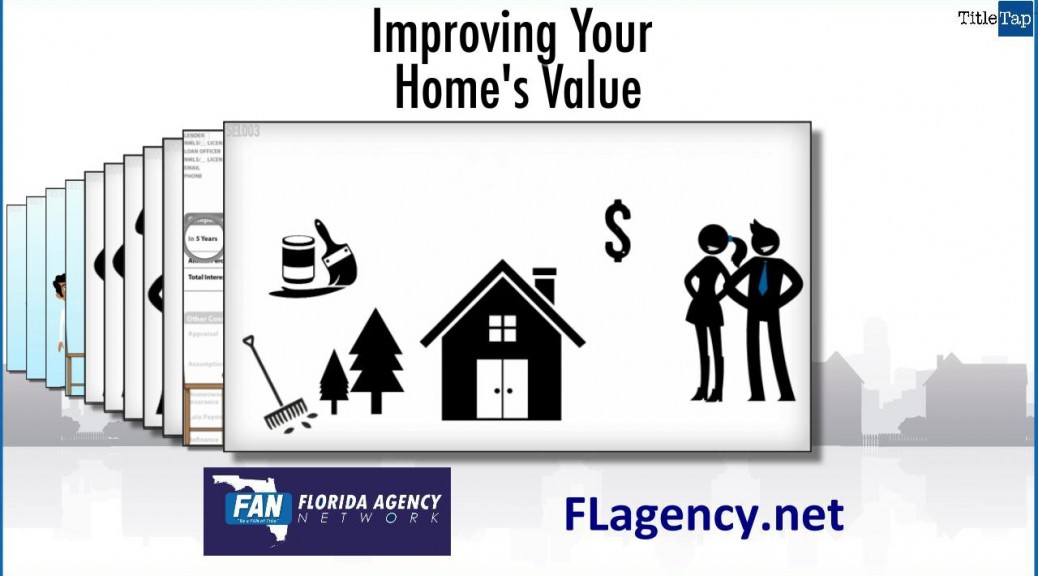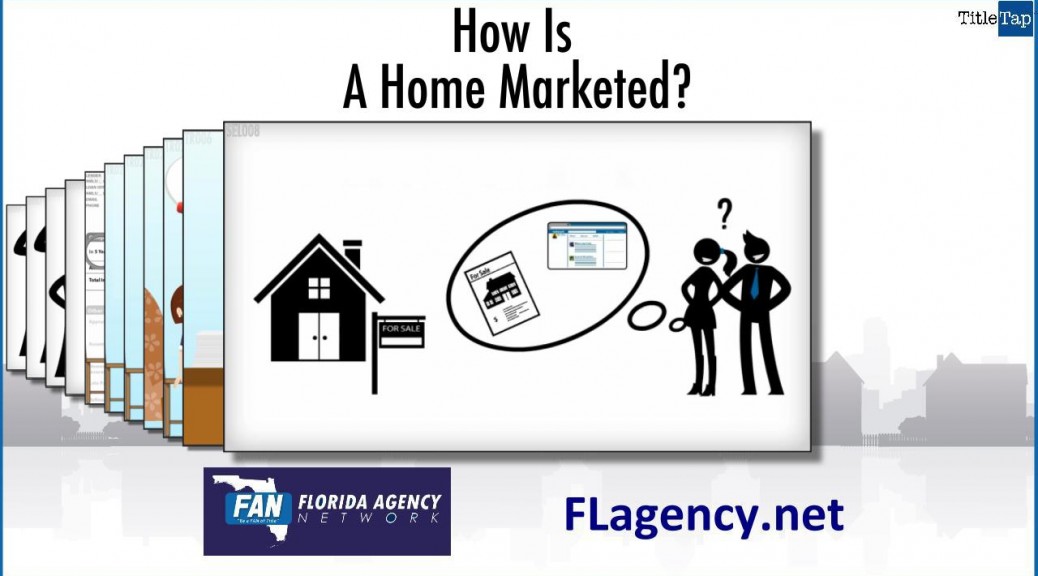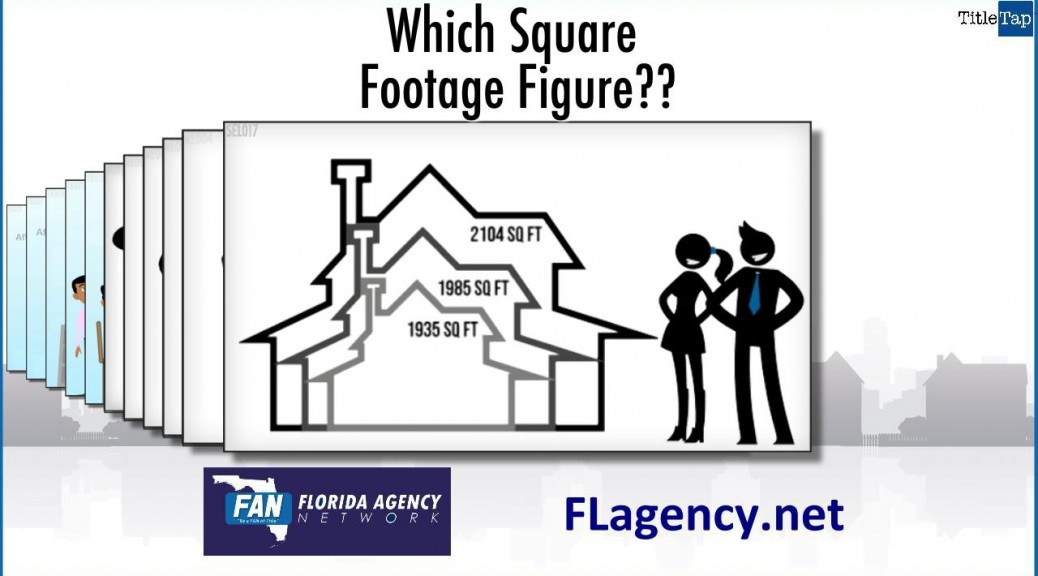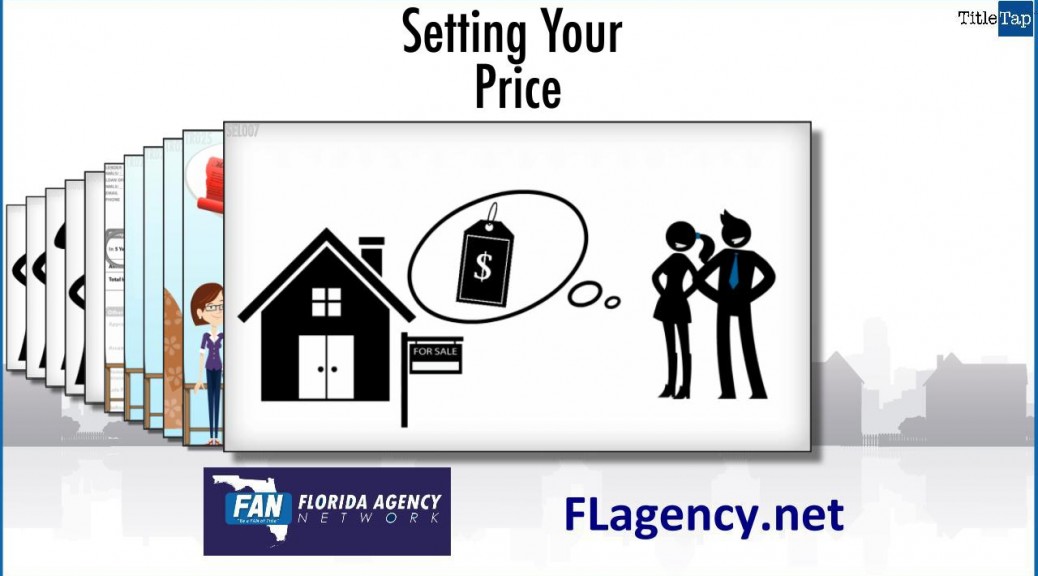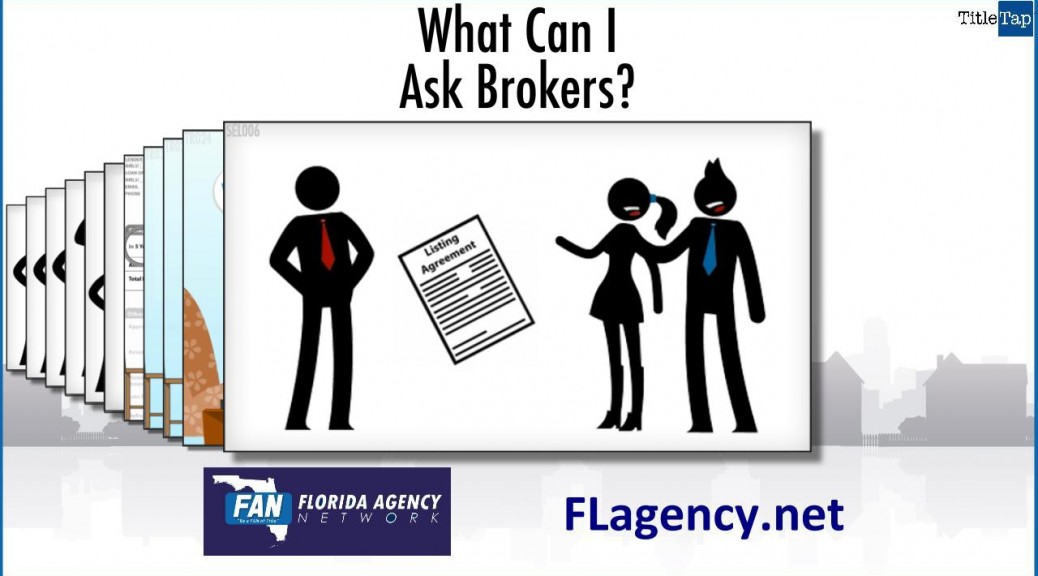
Just imagine, after years of struggling to complete college, your son, little Johnny has finally has his head on straight. He graduated, he’s worked for the family business for two years and is doing well. He met a nice girl and they have married.
He wants to buy a home. Unfortunately, Johnny has not always made the best decisions. His credit is not where it needs to be. Based on the fact that he is now making better decisions, you decide to loan Johnny the money to buy the home. The title company you’re working with will prepare a note and mortgage to secure your loan, what could be easier, right?
That Darn Dodd-Frank! Your loan is probably in violation of this Act. Based on this violation, your note and mortgage may not be enforceable.
Dodd-Frank is federal legislation that came about as a result of the real estate crisis of the last decade. The Act created the Consumer Financial Protection Bureau (“CFPB”) and other laws that regulate all consumer loan transactions.
One of the other laws is the Loan Originator Rule. In general terms, if the borrower will use the home for residential purposes (whether a primary residence, a second home or a vacation home) then the person arranging the loan is defined as a “loan originator.” A loan originator must have a mortgage originator’s or broker’s license. Pursuant to the Act, any person who offers and negotiates terms of a residential mortgage is deed to be a mortgage loan originator. Unfortunately, for mom and dad above, there are no exceptions for a person, who is not a Seller, to secure a mortgage with a residential property.
The Act does provide for certain exceptions. Namely, Seller financing, these exceptions are as follows:
One property exception: A Seller may extend credit, secured by a mortgage encumbering residential property and is not considered a loan originator if:
(a) they are a natural person, estate or trust;
(b) they provide financing for only one property in a 12 month period;
(c) they own the property securing the mortgage;
(d) they did not construct or act as the contractor for the construction of a residence on the property;
(e) repayment of the loan must not result in negative amortization;
(f) balloon payments are allowed, however the term of the balloon is not clear. Most practitioners believe that no shorter time period than 5 years should be used.
(g) while the Act does not prohibit adjustable rates, a fixed rate is suggested. The Act has restrictions, limitations and caps on rate charges.
(h) the seller is not required to investigate the buyer’s ability to repay the loan.
Three Property Exception: A Seller may extend credit, secured by a mortgage encumbering up to three residential properties and is not considered a loan originator if:
(a) they are a natural person, estate, trust or an entity;
(b) they provide financing for three properties or less in any twelve month period;
(c) they own the property securing the mortgage;
(d) they did not construct or act as the contractor for the construction of a residence on the property;
(e) the loan must be fully amortizing and there are no balloon payments or structures allowed;
(f) while the Act does not prohibit adjustable rates, a fixed rate is suggested. In this context, limits and caps are required’
(g) the Seller is required to make a reasonable investigation regarding the Buyer’s ability to repay the loan. Although formal documentation is not required, the investigation should be done in good faith and the results should be maintained.
While other exceptions exist, they are very complicated and are not practical for ordinary Seller financers.
Good news is Dodd-Frank does not apply to every loan. First, it only applies to residential loans. So, if you’re dealing with vacant land, commercial properties, rental properties or properties used solely for investment purposes, Dodd-Frank simply does not apply. Moreover, Dodd-Frank does not apply to non-residential buyers. So, if the buyer is a corporation, limited liability company or partnership etc., Dodd-Frank will not apply and the loan can be made without consideration to its restrictions.
So, now that we know that mom and dad have a problem trying to help little Johnny buy his home, what are we to do?
One solution would be for the mom and dad (the lender) to purchase the property from the underlying Seller first. Then mom and dad as the Seller could sell little Johnny the home and take back the note and mortgage under the one property exception. Yes, the transaction costs would increase, but the creative closers at the Florida Agency Network will work with you to keep these costs down.
Another solution would be for mom and dad to work through a mortgage broker. The mortgage broker will be required to comply with all of the various lending laws and regulations. While the broker will likely charge a fee for this service, it is another option that will allow the transaction to go forward.













